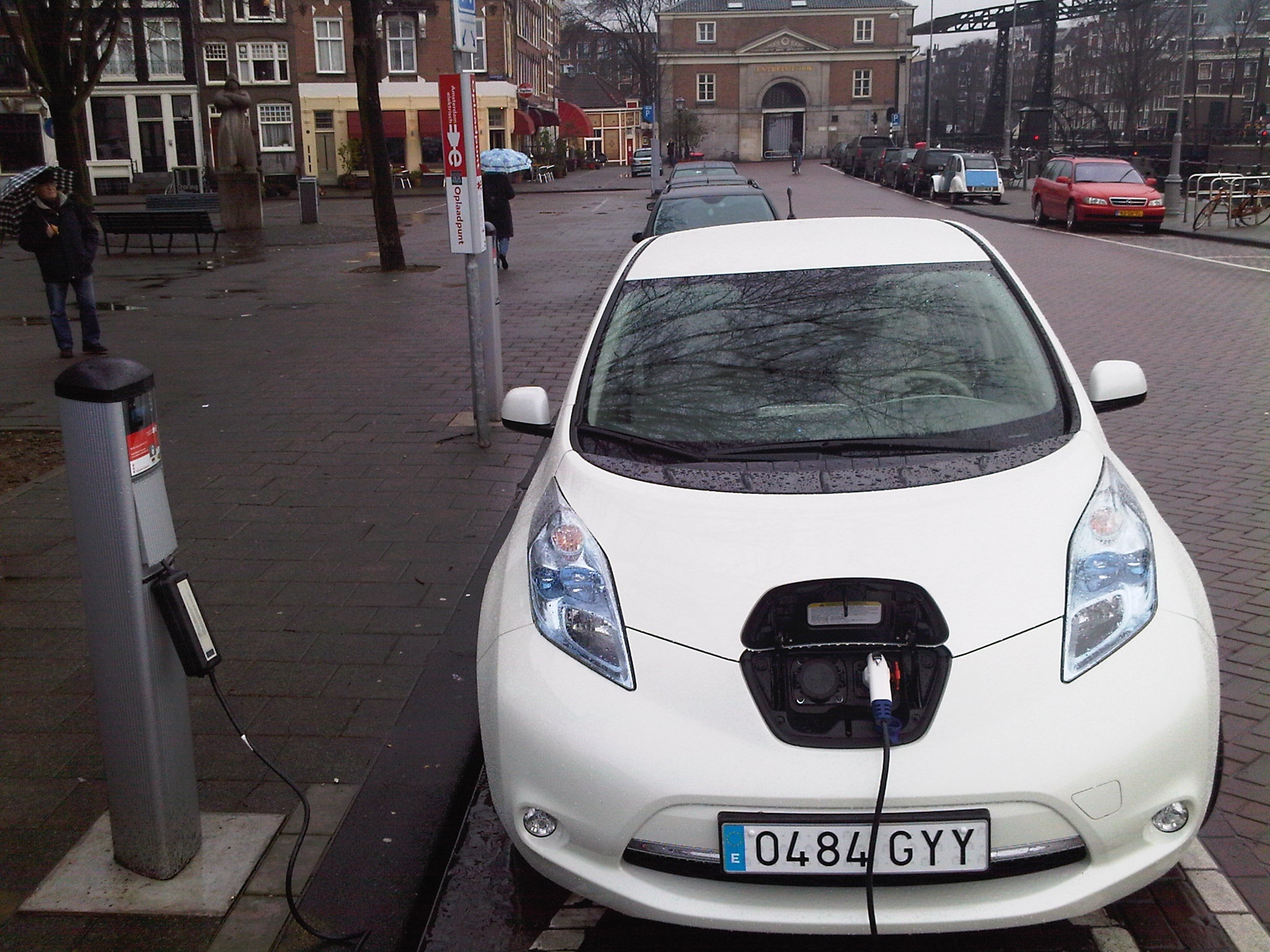U.S. Energy Secretary: $20,000, 350-mile-per-charge electric car only a few years away


The high costs and limited driving range of electric car vehicles are two of the most cited reasons why Americans have been reluctant to ditch their gas guzzlers. But give it few more years and these "deal-breakers" may be a non-issue.
That bold prediction was made by none other than U.S. Secretary of Energy Steven Chu during an event on May 13th in Los Angeles, where he and city mayor Antonio Villaraigosa were on hand to christen the 500th electric-vehicle charging station built by Coulomb Technologies, a major milestone as the company continues to expand their ChargePoint America network.
Here's what he said, according to a report in the Los Angeles Times:
"Because of increased demand, we've got to think of all the other things we can do in transportation. The best is efficiency," Chu said.
Batteries are the "heart" of electric vehicles, he said, adding that the Department of Energy is funding research that will drop the cost of electric-vehicle batteries 50% in the next three or four years and double or triple their energy density within six years so "you can go from Los Angeles to Las Vegas on a single charge," he said. "These are magical distances. To buy a car that will cost $20,000 to $25,000 without a subsidy where you can go 350 miles is our goal."
Yes, you did just hear that. Chu is envisioning practical, long-range and affordable electric vehicles coming to the market as early as the year 2017. And in order to help make this scenario a reality, he also outlined a couple key policy moves that should lower the barrier for consumers interested in electric cars. These include:
- Offering a $7,500 rebate for electric vehicle purchases, instead of a $7,500 federal tax credit so that consumers wouldn't have to wait until they file their tax returns to pocket the discount.
- Scaling up battery production. Three years ago, less than 1% of all advanced batteries were produced in the U.S. The American Recovery and Reinvestment Act has secured investments that should lead to 30 new U.S. battery manufacturing plants.
The push to hasten a transition to electric vehicles couldn't come at more crucial time. With soaring gas prices putting the big hurt on the wallets of many Americans, Chu expects oil prices to rise even higher, since the rapid industrialization of developing countries' will only fuel greater demand for this limited natural resource. He pointed out that last year China sold 16.7 million vehicles, a figure that is expected to increase to 20 million cars annually in just a few years. In comparison, 12 million cars were sold in the U.S. in 2010.
"The Department of Energy is happy to be a part of this [event], but more importantly we're very happy to be really trying to push for the electrification of vehicles in the U.S.," Chu told the Los Angeles Times. "The reason is very simple. We have to diversify our transportation energy."
(via LA Times)
Related on SmartPlanet:
- Is this 400-mile electric car battery for real?
- New electric car may signal the end of the road for gas guzzlers
- Electric car batteries can now power home appliances
- Recharge an electric car without plugging in
- Innovative motor lets gas-powered cars go electric
- New technology may help electric cars charge up quicker
This post was originally published on Smartplanet.com